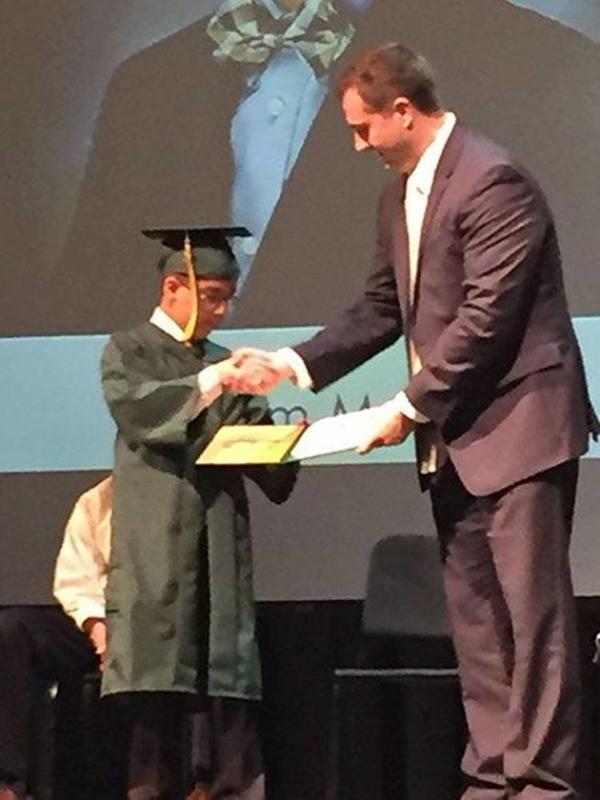When we are young children we all have dreams of what we want to be when we want to grow up. However, not many of us ever make any progress to what we become until much later in life like college and internships. Not to mention that not many of us actually end up with the same career we dreamed of as young children. There are, however, those inspirational standouts that do great things with their few years on this planet.

Do you remember what you wanted to do when you were 10? Like many children, you probably played with your friends or tried to learn (with many difficulties) the rule of 3 and you wanted to use it to solve all the problems of the math book.

But the little William Maillis, originally from Pennsylvania, United States, did something very different with his childhood. He has a dream very different from other children his age, who played, fought, and child as most of us did when we were children.

Young William Mailis, although he is unsuspecting, is considered a genius and extremely advanced for his age ... He started talking when he was only 7 months old! Academic communities caught wind of William and his astounding early onset intellect.

The young man has aroused great interest among the American scientific community, and what he did by the age 11 shows that they were looking in the right direction, directly at William Mailis. Unsurprisingly William graduated high school early, but you'll never guess how early.

In May 2016, at age 9, William graduated from high school, and currently attends Allegheny County Community College. He is one of the youngest university students in the United States. He enjoys video games and sharing activities with friends, but has a bright future too.
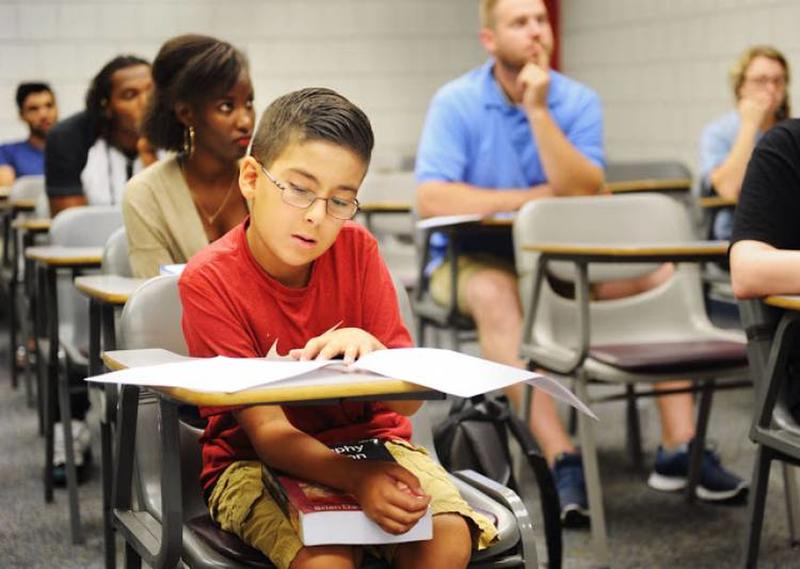
His father, Peter Maillis, a Greek Orthodox priest, claims that his son is especially brilliant because of God since both he and his wife have an average IQ and William is defiantly not average. William began to show his talent from an early age.
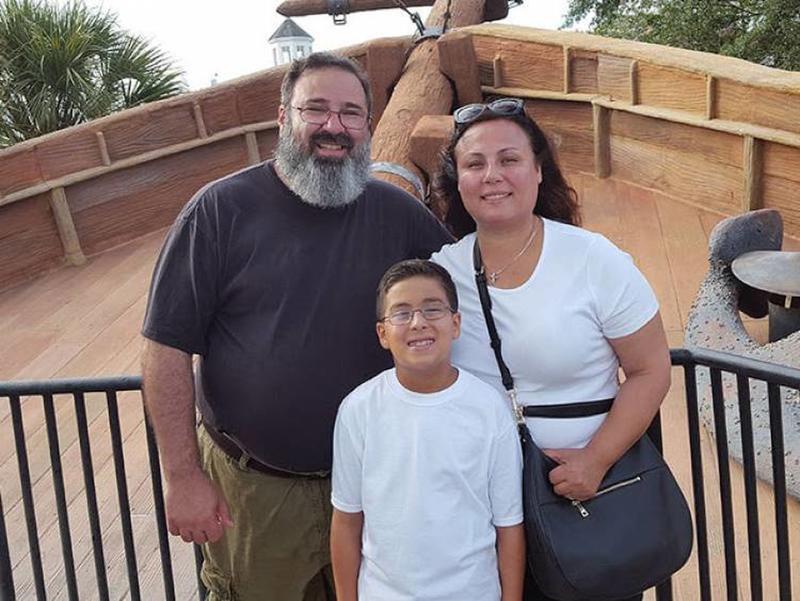
At two years he already knew how to add, multiply, divide and all basic operations; at four he began to study algebra on his own and to read Greek. "He always had a special interest in numbers, " says his dad.
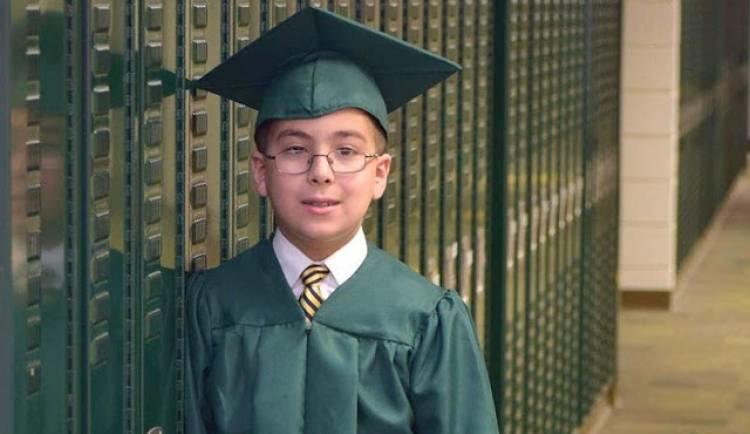
At age five William read a book of geometry in a single night and since then his interest in mathematics has been increasing. At seven he was an expert in trigonometry, but he his interest and how he wanted to use these tools was unusual.
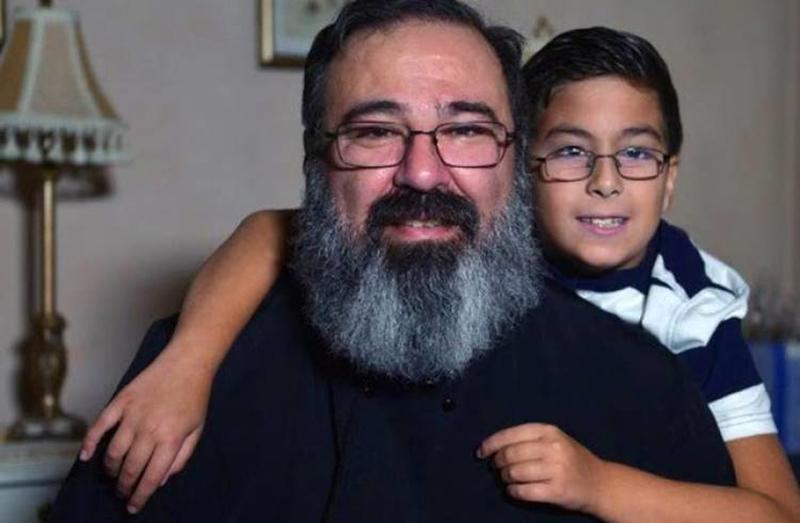
What surprised his father most is that William wanted to dedicate himself to astrophysics, with the intention of proving the existence of God, and he is succeeding: He has done several investigations and worked on theories at an extreme level.
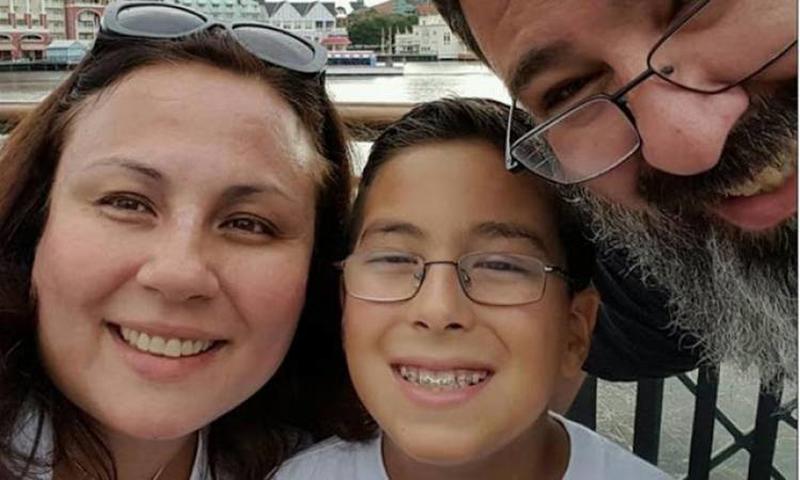
His investigations and theories begin to prove that physicist Stephen Hawking has been wrong about the origin of the universe. *Gasp*. Before finishing high school, William began to investigate several theories on the subject, he read several books of Stephen Hawking.
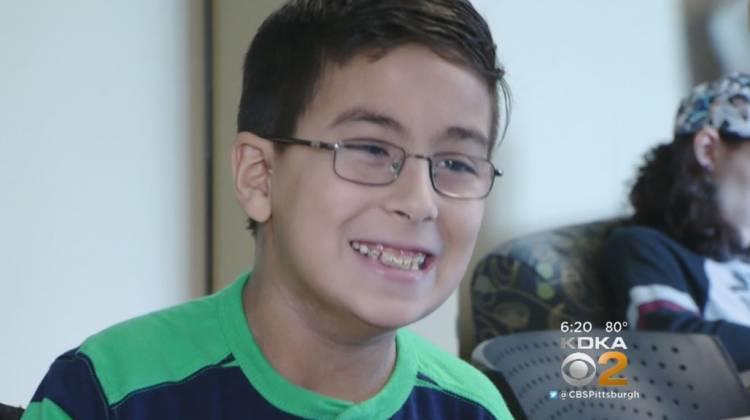
Among Hawkins's books, he read " Great design ", in which the physicist assures that the universe could be created " of the nothing, by spontaneous generation "And therefore the idea of the existence of God is unnecessary and illogical".
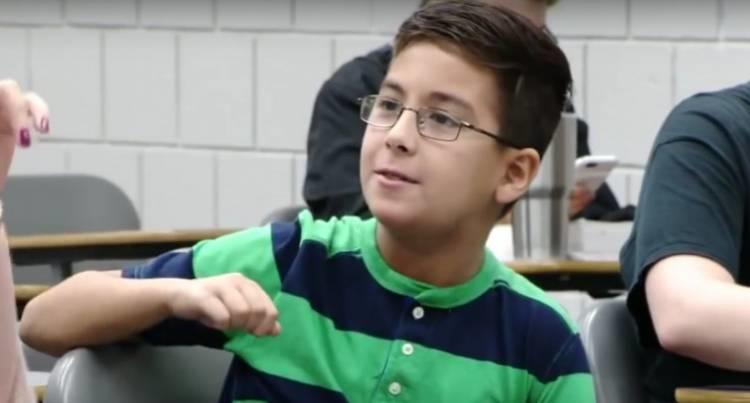
But that is not all that the little genius has contradicted, he also says that in his research he has discovered that black holes are not supermassive, as Albert Einstein himself pointed out. No great scientist seems to be safe from this pint-sized genius.
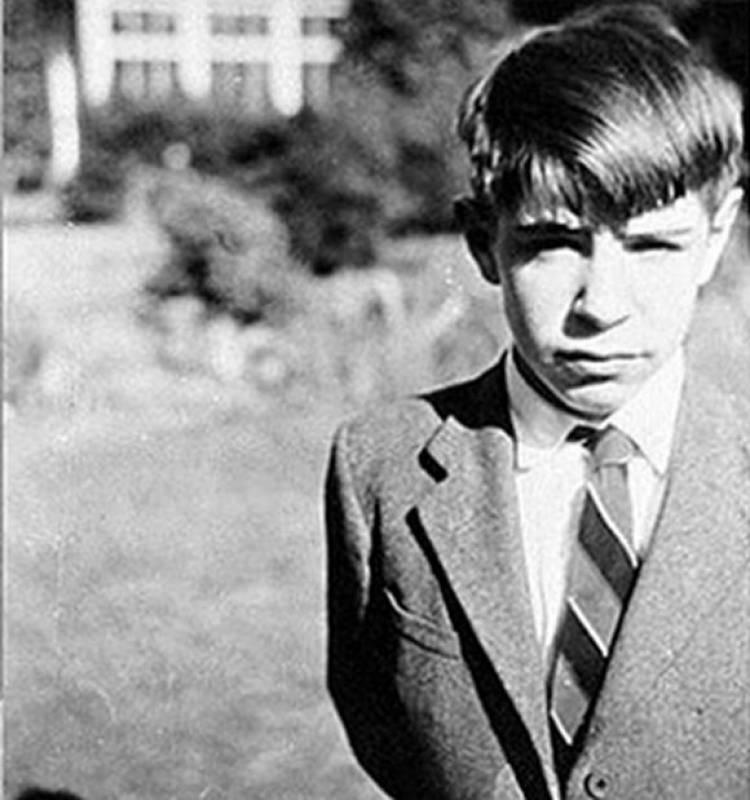
William has spent nearly a year in his astrophysics research, and some claim he could write a book about his theories in a couple of years. " I am proving that only God is capable of creating the universe; my data is accurate..."
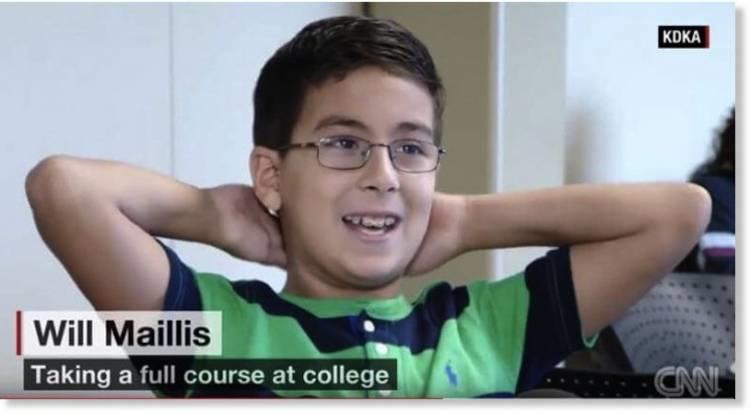
"... My research is already 70% advance and as soon as I am ready I would like to share it with the world ", says William for him only an external force could do what we know happened in the universe's history, today".
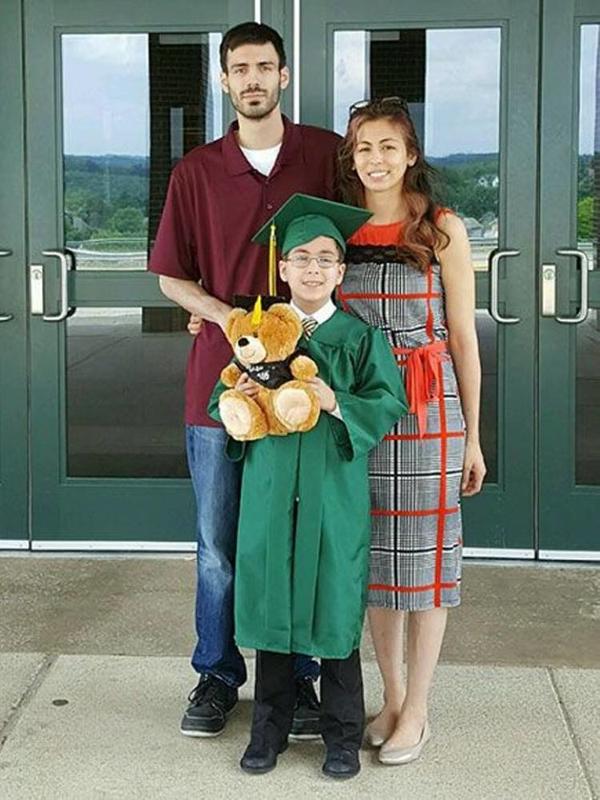
Meanwhile, this kid genius, who has been able to prove that Stephen Hawking was wrong to say that God does not exist, will continue to surprise and marvel at his charisma, intelligence and wonderful intellect. We look forward to seeing your work. Is it true what this little one says? What do you think?
